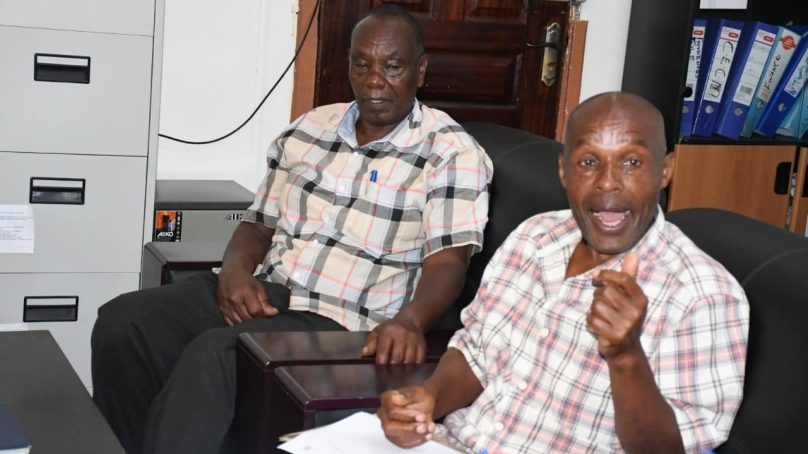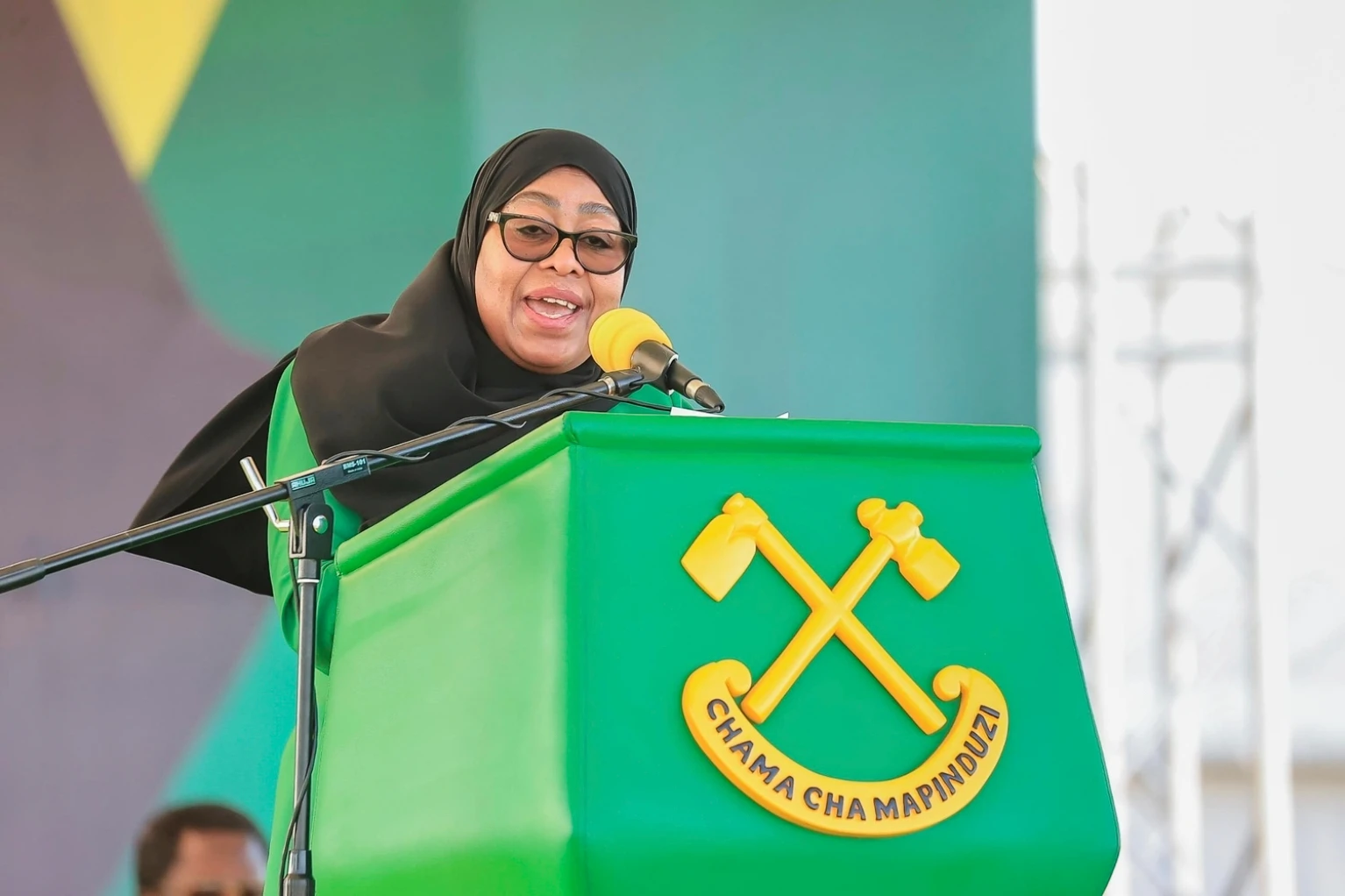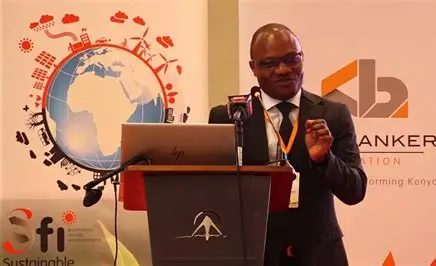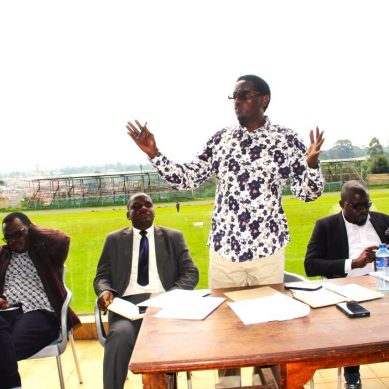
Nakuru County government in Kenya’s sprawling Rift Valley is encouraging residents to use alternative dispute resolution mechanisms to resolve longstanding and historical land disputes that are on the rise.
Chief Officer of Lands and Physical Planning Stella Mwaura says Kenya’s land policy encourages alternative dispute resolution (ADR) mechanisms to facilitate expeditious and affordable access to justice.
Ms Mwaura voiced the County government’s commitment to fostering peaceful coexistence among all communities by addressing historical land disputes through dialogue and alternative Dispute Resolution (ADR) mechanisms.
The chief officer spoke in her office at the county headquarters after a meeting with the leadership of the Africa Gospel Church (AGC) from Amalo Ward in Kuresoi South Sub-County to discuss a longstanding land ownership dispute.
During the meeting it emerged that in 2024, a separate entity claimed ownership of the same piece of land owned by the church. Mwaura indicated that the Constitution encourages communities to settle land disputes through recognised local community initiatives saying that when several parcels of land are locked up in litigation, it means they are not being used productively and consequently the country suffers economically.
The chief officer who was flanked by Head of Land Administration and Senior Planner Patrick Mwai disclosed that Governor Kihika’s administration was currently leveraging on alternative dispute resolution mechanisms to address long standing land disputes in all the 11 Sub-Counties, focusing on fostering communities’ cooperation.
She said the county was encouraging residents to utilise alternative dispute resolution mechanisms such as mediation and arbitration to resolve land disputes instead of solely relying on lengthy and expensive court proceedings.
“Alternative dispute resolution provides faster, more cost-effective solutions while preserving community relationships,” she explained.
Mwaura said further that the department of lands and physical planning will collaborate closely with local leaders from the region to address land disparities adding that the initiative will include resource allocation for land surveying and land titling, aimed at improving infrastructure and promoting urban development.
The efforts will play a crucial role in enhancing the county’s growth unlocking its socio-economic potential for sustainable development. Naivasha, Njoro, Rongai, Gilgil, Bahati, Molo, Kuresoi South, Mai Mahiu and parts of Mau Narok have been theatres of controversy over land ownership disputes.
A new study by the county government has confirmed that residents were inclined to refer every small land matter that pops up to the courts for judicial determination, leading to numerous land cases in court that take long and give mixed results.
Official data show that nearly 52 per cent of civil and criminal cases before law courts within the devolved unit revolved around land disputes, thus frustrating a joint National and County government titling programme.
Mwaura pointed out that it was unfortunate that resultant bitterness over land wrangles at times turn into violence and murder, but the department is working on alternative options crafted to reduce complainant emotions, reduce process costs and time.
“Our aim is to have outcomes that will enjoy better support and ownership by the affected individuals and families, and are less likely to precipitate acrimony and violence afterwards,” added Ms Mwaura.
The judiciary embraces alternative dispute resolution mechanism to clear case backlog in the courts. ADR refers to any means of settling disputes outside of the courtroom and is generally classified into at least four types including negotiation, conciliation, mediation and arbitration.
The 2010 Constitution provides for the use of alternative forms of dispute resolution mechanisms to enhance delivery of justice to all citizens. In addition, the Constitution requires courts and tribunals to be guided by, among others, the principle of alternative dispute resolution that includes reconciliation and traditional dispute resolution mechanism.
Mwaura said mediation makes all parties go home happy, satisfied and restores relationships and is cost-effective, informal, flexible, private and easily accessible to parties. She, however, challenged mediators to uphold confidentiality, avoid conflict of interest, be competent enough and be of integrity.
- A Tell Media / KNA report / By Esther Mwangi and Mary Ochieng
A Church elder of the Africa Gospel Church from Amalo Ward within Kuresoi South Subcounty airs his views during a meeting to discuss a land ownership dispute. The disputed land has been occupied by the church since 1984. Credit: Mary Ochieng)








